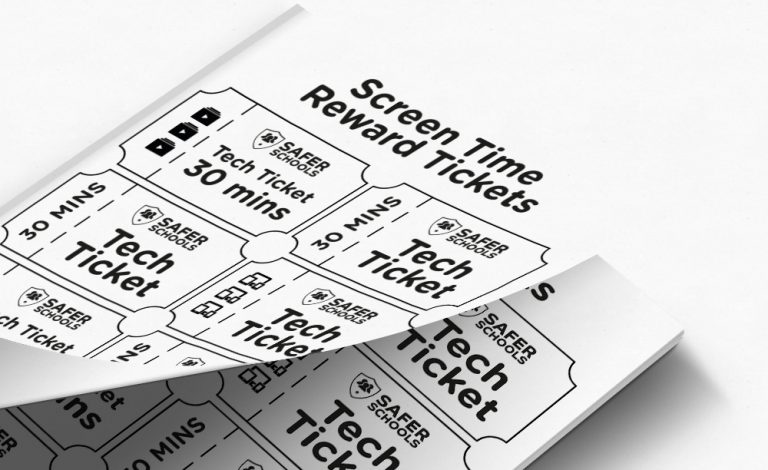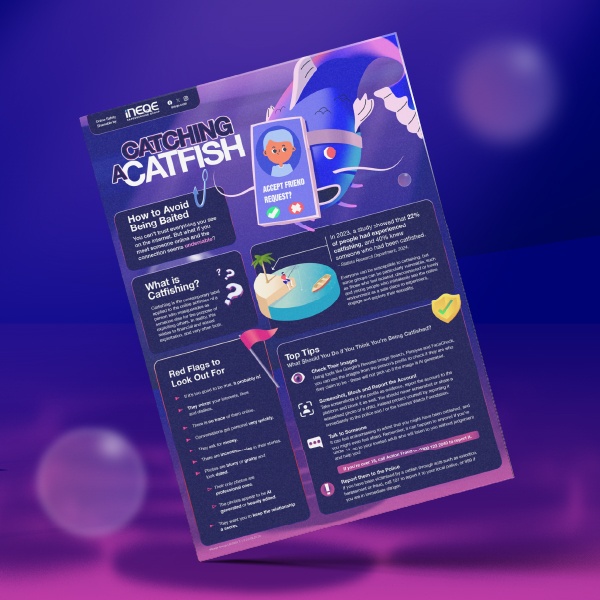Last Updated on 11th March 2020
The WHO (World Health Organisation) are in the news this week as they have added “gaming disorder” into their International Classification of Diseases.
What does this mean?
If someone is diagnosed with “gaming disorder” then they can be treated by the NHS.
How is it diagnosed?
The guidelines state that for a diagnosis a victim’s behaviour must be “of sufficient severity to result in significant impairment in personal, family, social, educational, occupational or other important areas of functioning.” They would also normally be expected to have suffered it for at least a year.
What should I look out for?
The Independent reported that the disorder is defined as a..
“pattern in gaming behaviour” in which “increasing priority is given to gaming over other activities to the extent that gaming takes precedence over other interests and daily activities.”
Video games are addictive by nature. For example, the time-restrictive nature of Fortnite helped it gain fame this year as the must-play game for children and young people. However, moderation and balance are key. Hypebeast.com report that a family in the UK placed their nine-year-old daughter in rehab because she was so addicted to Fortnight, she wouldn’t stop playing to use the bathroom.
What can I do?
Games can be fun, sociable and can teach skills such as strategy but good habits while gaming are key (and this goes for all devices – not just computer games!). Screen time limits can go a long way towards finding balance.
Recommended screen time limits
There is still little by way of official advice on the amount of time that children should be allowed to use devices. However, professionals tend to agree that;
- Under 18 months – no screen time.
- 2-5 years – one hour per day.
- 6+ – You should set limits depending on the type of media interacted with.








